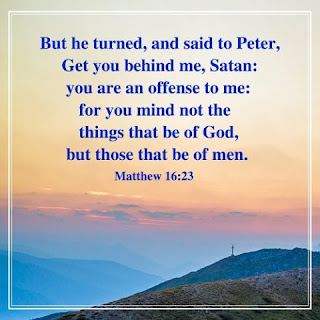The Gospel celebrate those events in the life of Christ that serve as models for us to follow and live. Over time many of our original interpretations that we were taught to believe were eventually dismissed, leaving a void for which literal meanings no longer exist. Over time our faith flourished as knowing filled that void and intuitive knowing took root, and new insights emerged that were clearer, simpler, and more beautiful. I’ve come to realize that if I understand something and feel that I can explain it clearly, it’s not a mystery. Yet, I have this undeniable egotistical urge to do my best to try to explain things that defy explanation.
Somehow, the mistrust of all that has been handed down to us, has led to a failure of the imagination, evidenced by language that’s childishly comfortable and unchallenging. Our prayers become a self- indulgent praise of ourselves as we purported to “confess” our weaknesses. These prayers are anything but the lifting of our hearts and minds to God. There’s no attempt to listen and stop talking.
Gerald May writes in The Dark Night of the Soul that “It is the same for all important things in life; there is a mystery within them that our definitions and understandings cannot grasp. Definitions and teaching are images and concepts created by our brains to symbolize what is real. Our thoughts about something are never the thing itself. Further, when we think logically about something, our thoughts come sequentially – one after another. Reality is not confined to such linearity; it keeps happening all at once in each instant. The best our thoughts can do is try to keep a little running commentary in rapid, breathless sequence.”
And so now in this last week of Advent, on Christmas Eve, we focus on the Annunciation (Luke 1:26-38), a mystery of epic proportions that defies rational explanation. It stuns us to hear some attempt to reduce the virgin birth to a mere story of an unwed pregnant teenager. Have we come to a time when anything that did not stand up to reason or that we couldn’t explain, should be characterized as primitive and infantile? Why do we think that an almighty spiritual being is confined to man’s intellect and his feeble language to communicate? Do we not see how metaphor and poetry reveal meaning, not explanation, on a deep personal level?
A few years ago we had an opportunity to travel through Eastern Europe, making our way from the Black Sea to Amsterdam. I was taken aback by the devastation in human lives caused by the failure of the “great social experiment,” that created societies whose wealth was shared but only among those at the top. So great buildings were erected for the personal aggrandizement of the elite while sacrificing the welfare of the people who were desperate for food and who desired a modicum of personal enrichment. On the other hand, I was impressed with the number of churches and cathedrals that were reopened after decades of being forced to close. These were flourishing, but more in support of tourism than worship. Yet, as their spires are raised to the heavens so are our spirits for whatever their intended origins, they pay homage to Almighty God.
Looking at the beautiful classical paintings and art in these churches made me wonder what it was that inspired the artists to create poetic images and visual metaphors depicting the “mysteries” of Christianity. It occurred to me that their art was conveyed in a language all its own and derived its source from inspiration and not the intellect, and while the cynic might deride the image of the Angel Gabriel appearing to Mary, the artist understood it completely.
Art and music are languages of the soul that bypass our literal sense of sight and understanding and speak to us at a level we cannot explain or know but do we really need explanation for something we feel down deep?
When we allow God’s love to break through our consciousness as we contemplate the Mysteries of the Annunciation and Virgin birth, do we run from it? Do we ask it to explain what it cannot? Or are we “virgin” enough to surrender to our deepest self and allow it to fill our being? We cannot ask it to explain what it cannot.
.jpg)
.png)















.jpg)
.jpg)

